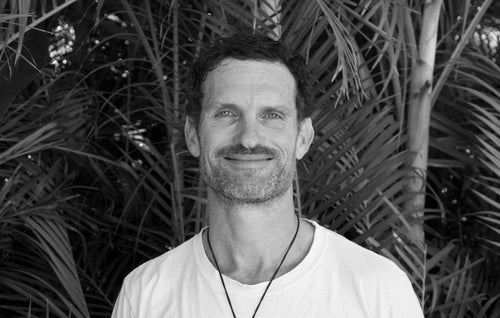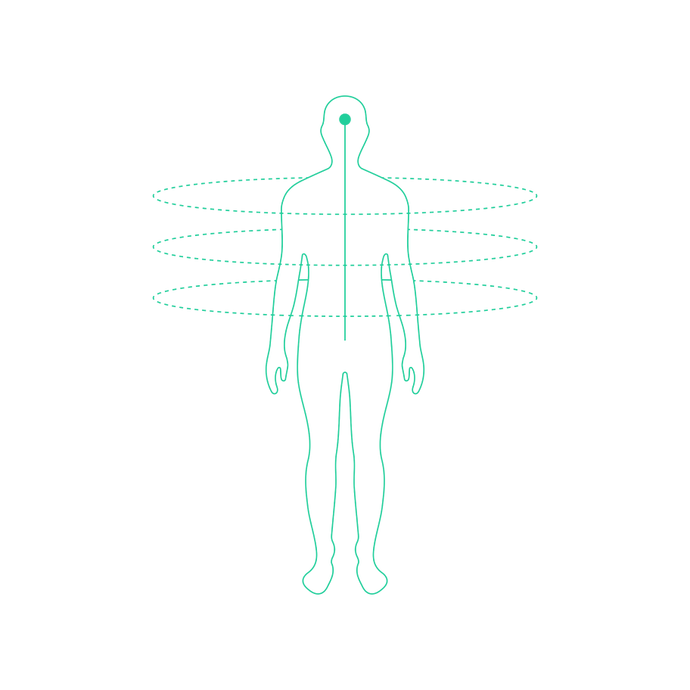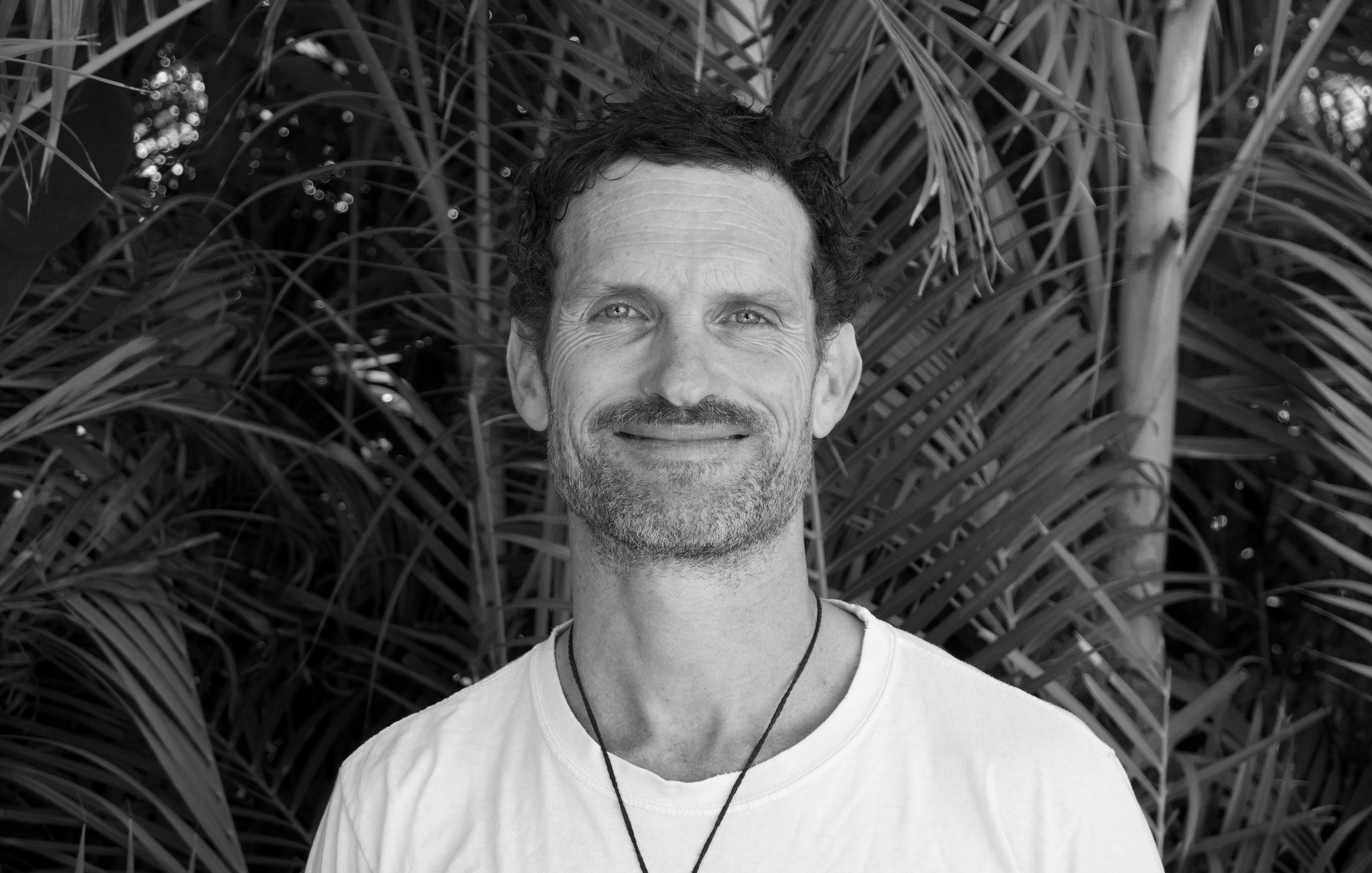Sleep Issues
Can't sleep despite feeling exhausted? Wake up feeling unrested? Regulating your nervous system might be the key to better sleep.

Why can't I sleep?
Your inability to sleep might not be about sleep at all—it could be your nervous system stuck in a state of high alert.
When your nervous system is dysregulated, it stays in "fight-or-flight" mode, making it difficult to access the relaxation necessary for deep sleep. This shows up as:
- Racing thoughts despite physical exhaustion
- Difficulty falling or staying asleep
- Waking up feeling "wired but tired"
- Frequent nighttime awakening
- Light, non-restorative sleep
Sleep Toolkit:
Tools for optimizing sleep
Get free guideNervous System Dysregulation Disrupts Sleep
Poor sleep happens when you are stuck in a Sympathetic Dominant state (fight or flight). This negatively impacts sleep quality due to the following physiological and psychological mechanisms:
Increased Cortisol Levels
Problem ➜ The sympathetic nervous system activates the adrenal glands to produce cortisol, a stress hormone. Elevated cortisol levels, especially in the evening, interfere with the body's natural circadian rhythm, delaying the production of melatonin, the sleep hormone.
Symptom ➜ Difficulty falling asleep or staying asleep.
Hypervigilance
Problem ➜ Sympathetic dominance heightens alertness, making it harder to transition into a relaxed state necessary for sleep.
Symptom ➜ Racing thoughts, difficulty unwinding, and increased sensitivity to external stimuli (e.g., light or noise).
Increased Heart Rate and Respiration
Problem ➜ A persistently elevated heart rate and rapid, shallow breathing are hallmarks of sympathetic activation. These physical states are incompatible with the relaxed, slow heart rate and deep breathing patterns needed for restful sleep.
Symptom ➜ Trouble entering deeper sleep stages.
Disrupted Sleep Cycle
Problem ➜ Chronic activation of the SNS can fragment sleep, reducing the amount of time spent in deep sleep (slow-wave sleep) and REM sleep, which are essential for physical and mental recovery.
Symptom ➜ Feeling unrefreshed upon waking, even after a full night's sleep.
Impaired Parasympathetic Function
Problem ➜ The parasympathetic nervous system PNS, which is dominant during rest, promotes relaxation and recovery. Sympathetic dominance suppresses PNS activity, preventing the body from fully engaging in rest-and-digest functions, including sleep
Symptom ➜ Reduced ability to relax and achieve restorative sleep.
Chronic Inflammation
Problem ➜ Persistent SNS activation promotes inflammation, which can disrupt brain function and impair the body's ability to regulate sleep cycles.
Symptom ➜ Poor overall sleep health and increased risk of insomnia.
The Hidden Cost of Poor Sleep
Sleep isn't just about rest—it's fundamental to your health and well-being.
40%
reduction in memory encoding capacity.
55%
increase in the desire for high calorie foods.
42%
higher chance of catching a cold.
60%
increase in negative emotional responses.
10-30%
decrease in athletic performance.

Break the Cycle
Our science-based programs address sleep issues at their root by regulating your nervous system through:
- Neurofeedback training to optimize brainwave patterns
- Heart Rate Variability (HRV) training for autonomic balance
- Somatic Breathwork for nervous system regulation
- Anti-inflammatory nutrition to repair cellular energy production
- Movement practices that promote parasympathetic activation
Backed by our research team

Lucy Oliver
MSci, Chemistry & Founder

Dr. Jay Luther
MD,Internal medicine (Harvard)

Dr. Aaron Roughan, DC
CHIROPRACTOR & Behavioural Psychologist

Paola Encinas
NEUROSCIENTIST & BIOMEDICAL ENGINEER

“I’ve done both the 5 and 10 day programs, and I loved them both! I learned so much.
This retreat was truly life-changing. It sparked profound shifts in my nervous system.”
MATT H.
Reserve my Rēset








